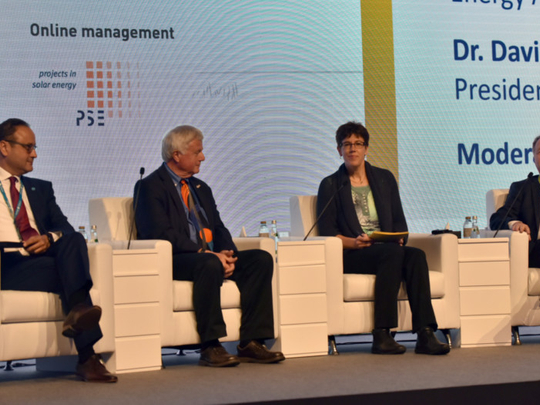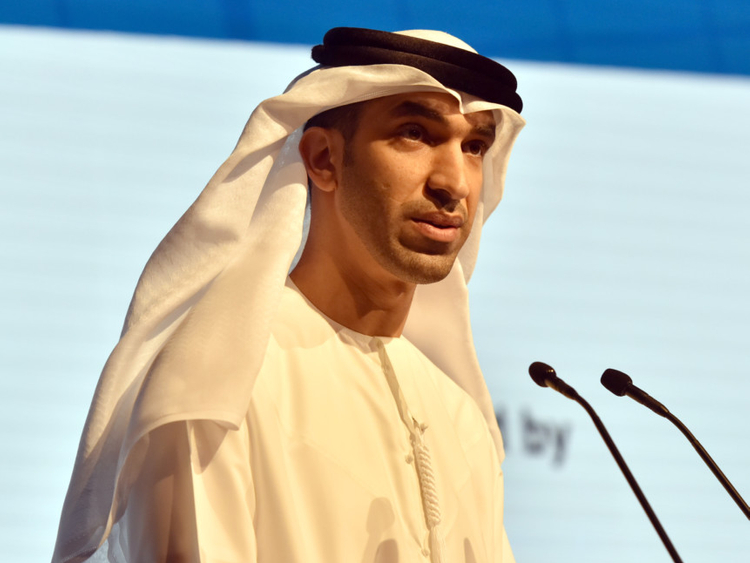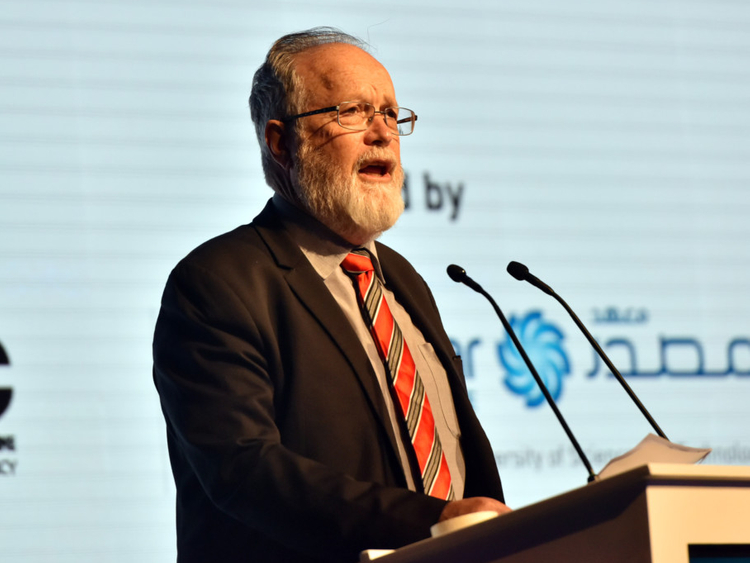
Abu Dhabi: A high-level report has found that the development and deployment of renewable sources, and increase in energy efficiency, will meet 90 per cent of the emission reductions needed to maintain global temperature rises to below two degrees Celsius, a top renewable energy expert announced in Abu Dhabi on Monday.
The two-degree global temperature rise target was set for this century as part of the 2015 Paris climate agreement, and Adnan Amin, director general at the International Renewable Energy Agency (Irena), said that solar power will make up nearly 30 per cent of the renewable energy sources needed to limit temperature rises.
“The energy transformations [detailed in the Irena report] will also boost global GDP by 0.8 per cent, and provide 26 million jobs around the world by 2050,” Amin said.
“The UAE has itself continued to showcase the immense possibilities of a prosperous and sustainable energy future. Last year, Abu Dhabi announced the signing of a contract signed for a 1.1-gigawatt solar plant for a record low bid of 2.42 cents per kilowatt hour. And last month, the Dubai Electric and Water Authority selected Aquapower and Shanghai Power to build 700 megawatts of concentrated solar power at the Mohammad Bin Rashid Solar Complex, and this will deliver energy at 7.3 cents per kilowatt-hour, as well as storage. These are remarkable developments,” he added.
Amin was speaking at the 2017 Solar World Congress, which saw 500 scientists and energy experts sharing their expertise, developments and breakthrough in renewable energy technologies. The opening of the four-day congress was attended by several government officials, including Dr Thani Ahmad Al Zeyoudi, UAE Minister for Climate Change and Environment.
Addressing the Congress, Dr Al Zeyoudi said the UAE has been at the forefront of the global energy surge, having secured record low solar prices thrice in the past two years for projects in Abu Dhabi and Dubai.
According to Amin, solar is the fastest growing renewable energy source, with 300 gigawatts of installed solar photovoltaic capacity in 2016, and 3.1 million jobs in the sector.
Despite such progress, much more needs to be done to make energy systems more sustainable, officials said.
Amin called for greater uses of solar energy for heating and cooling in buildings, as well as market systems that encourage private sector operation and self-generation of renewable energy.
Fatima Al Foorah, assistant undersecretary for electricity and future energy, also called upon attendees to develop more cost-effective and efficient storage for solar sources.
“As of January 2017, Masdar has invested $8.5 billion (Dh31.19 billion) in clean energy projects across the globe, saving nearly 2.5 million metric tonnes of carbon emissions per year. We need more such climate action to preserve our world for future generations,” Dr Al Zeyoudi added.














